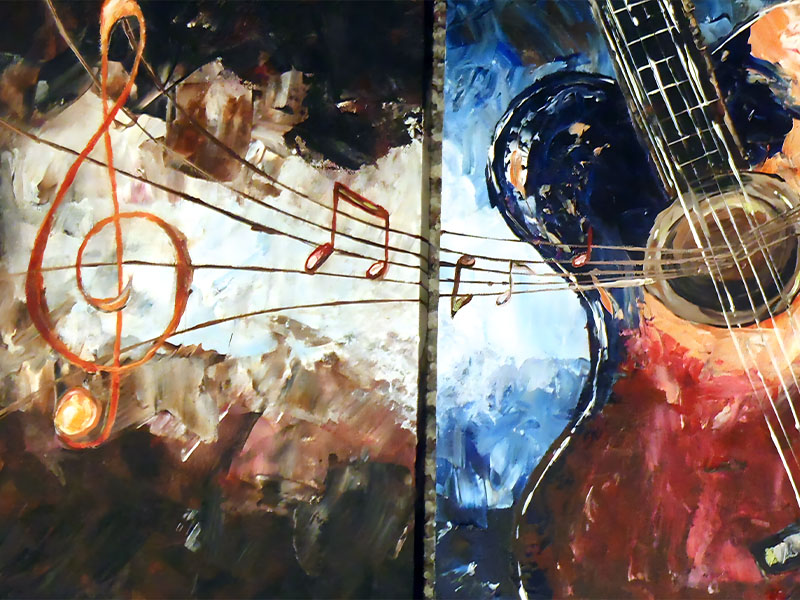Juq and Moroccan music
Issue 30

Khalid Hilali
Moroccan
Juq, (a band), performs written music with great skill and ability. Juq music and instruments have several characteristics. The performance and the instruments’ interaction influence the way the music affects the audience.

Competition among the Juqs led to the use of modern instruments, which is controversial because some believe that it has altered the tradition of Juq. Supporters believe that this modernisation will lead to the development and improvement of music, thus helping to attract a wider audience. They also consider modernisation a sign of being open to new international trends. Mawlai Ahmed Al Wakeeli believes it is beneficial to add new instruments, and Al Arabi Al Temsemani thinks of it as a sign of globalisation.
On the other hand, the conservative thinkers in Fez believe that staying with the traditional musical instruments will maintain the purity of the rhythm and its natural magnificence. The late Abdul Karim Al Rayis was the most enthusiastic defender of this school of thought.
Juq musicians receive training from their teacher or ‘Maestro’. The Maestro must have an exceptional knowledge of musical rules, mastery of one instrument, great intelligence, and the ability to master the different tempos and notice the musicians’ mistakes. He needs charisma, good leadership skills and a knowledge of his musicians so he can assign roles.




































































